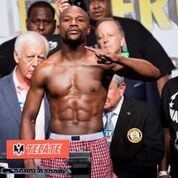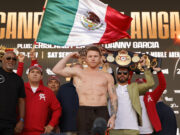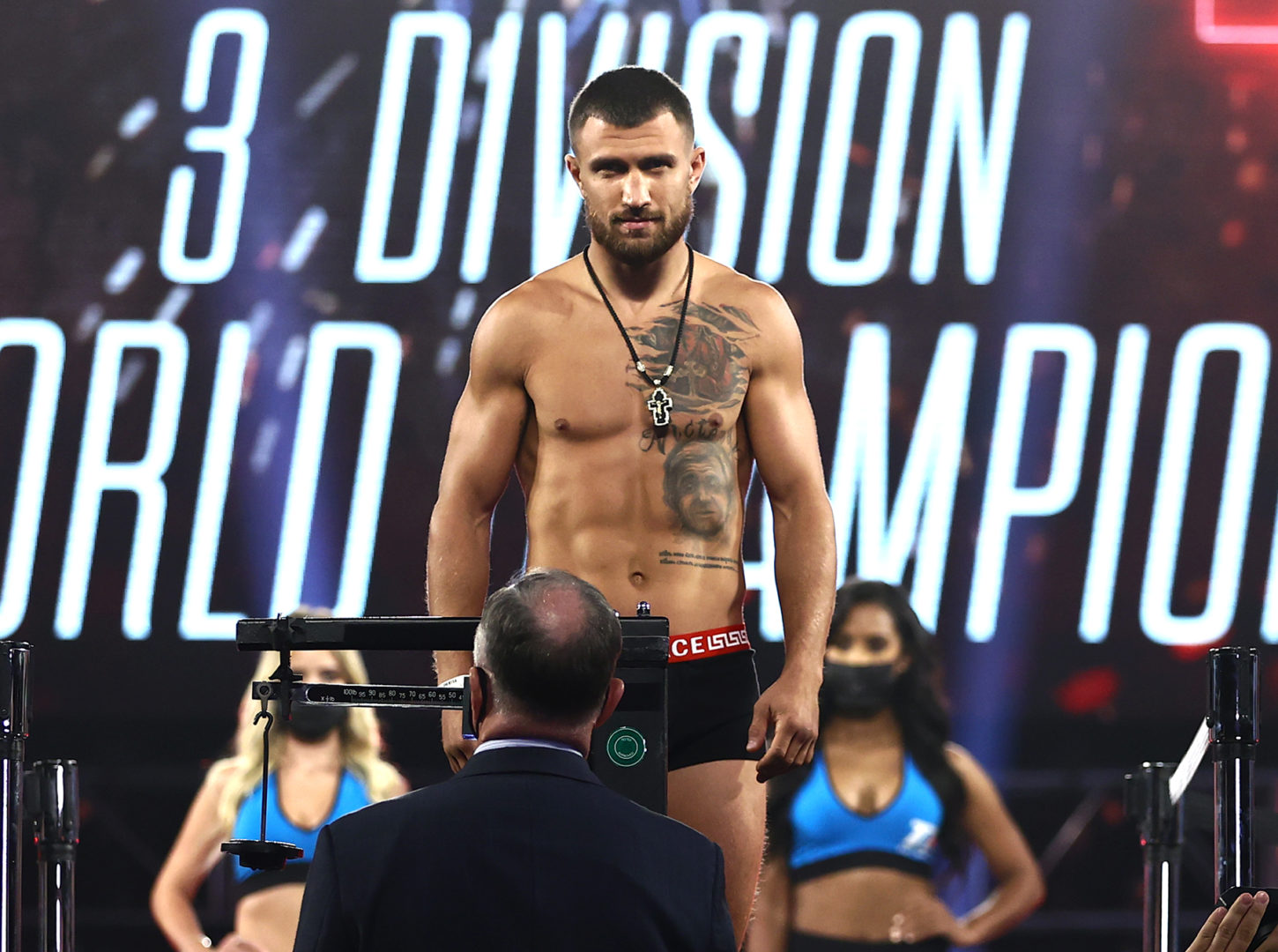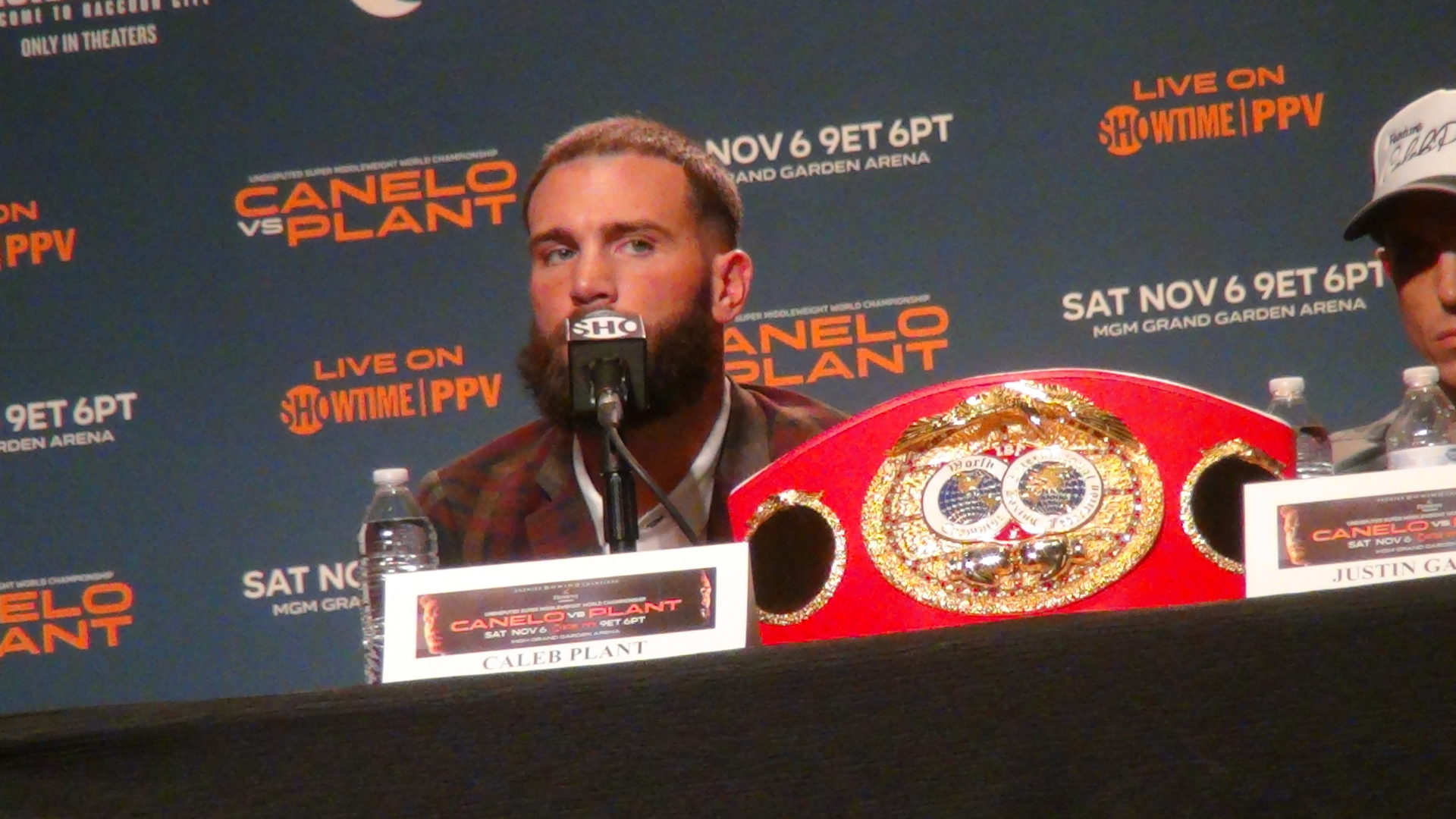By Bart Barry-

Saturday in Las Vegas retired welterweight champion Floyd “Money” Mayweather (50-0, 27 KOs), a 40-year-old American, beat mixed martial artist “The Notorious” Conor McGregor (0-1, 1 KO), a 29-year-old Irishman, to a fraction of himself until referee Robert Byrd’s intervention after the first minute of round 10. If the match ended predictably, it gave its pay-per-viewers unpredictably more entertainment than we deserved. Mayweather-McGregor was way better than expected.
Credit for that properly goes to McGregor, whose unorthodox approach to boxing and his pronounced vulnerabilities – the greatest of which was not knowing how pronouncedly vulnerable he was – made Mayweather comfortable enough to eschew what thick, goopy layers of cliche form his public persona, remember the hardened amorality at his core, and hurt the man across from him until he was ordered to stop.
What makes boxing different from all other combat sports is that no matter how defensively adept you fancy yourself you are going to get hit often, and getting hit often is a uniquely stressful experience. No fighter’s fantasies comprise being hit thusly, but boxers expect it and vigilant themselves accordingly. The act of being hit repeatedly and the unwavering threat of being hit repeatedly more is what surprised McGregor the most. You can do roadwork and elasticarm bends and backflips and CrossFit and all the rest, and maybe even some sparring with undersized guys, too, but there’s nothing to condition you for being punched a whole lot but being punched a whole lot.
Mayweather gave McGregor a combination of force and precision no sparring partner did (or that sparring partner would be Mayweather), and McGregor receded and wilted subsequently. And wilted is the proper word for what happened to McGregor – a thing we see in boxing gyms round the world every weeknight when two equal physical specimens begin to punch each other and one grows mighty and the other wilts until a coach shortshifts the bell and waves the session off. McGregor’s handlers likely’d not’ve known to do that, and fortunately for them Saturday’s otherwise incompetent referee did instead.
McGregor, in a weakly megalomaniacal way, indicated in his postfight interview when he gets tired his legs get wobbly. Yes, son, that’s called fatigue, and it makes cowards of us all, it makes us not want to fight – it makes us go whole minutes of combat without doing anything but flee – and it’s a universal sign in our beloved sport, the manly art of selfdefense, a match is concluded.
Even claims of quick stoppages are universal, not something invented by McGregor; any aficionado who’s attended an undercard has seen some version of the 10 1/2-count, when a fighter remains on his knee till 10 then leaps upwards, arms spread, pleading to continue, all strength miraculously restored. Except McGregor didn’t get that far because, in lieu of taking a knee and regrouping, he decided to use the “just energy” of going “wobbly” while a professional fighter placed the middle knuckle of his left and right fists on his chin and temple. More exotic strategy and tactical innovation by The Notorious, perhaps, but also a loud plea for official assistance.
Good that it came, too, because McGregor hadn’t enough time in his brief career as a boxer to learn how to comport himself when things went awry. He was a frontrunner, not unlike prime Mayweather or anyway Mayweather against a fellow boxer, and didn’t have a plan C, once McGregor’s vaunted power never activated and his one uppercut counter failed to cut Mayweather’s lights.
For a threeround, though, it was interesting – far more interesting than expected. The larger man, by what looked like three weightclasses at opening bell, intended to win by decision, outpointing the spoiler unless the spoiler took scoring chances as the fight progressed. If that wasn’t the most suspenseful happening, it was quite unexpected and a little dramatic; it set the imagination cooking with ingredients of Mayweather like a risktaker and knockout needer.
By round four, when Mayweather had done very little and yet McGregor was suddenly diminished, arming and pawing punches like someone less than a novice, the standard Mayweather slowmarch was underway, and one hoped only something conclusive might happen. Tradition dictates the worst thing that might befall a pay-per-viewer is Mayweather realizing, with an audible click, his opponent cannot hurt him, as tradition dictates that be the time for Money to begin melding time and space together till the final six rounds of a championship prizefight, a thing which should be both dramatic and suspenseful, become an 18-minute lump of bodyjabs and a rolling lead shoulder and talk of Money’s legacy and retirement plans (Saturday’s was his fourth or fifth final fight). Instead McGregor was defenseless enough for Mayweather to accelerate for once and do what you are supposed to do with a defenseless man in front of you: Try to take his consciousness violently.
If it’s the last we see of Mayweather, it’s an image that should please him is the last we have: eyes predatory, mouth maliciously set, punches properly leveraged for force and angled intentionally: Floyd Mayweather, a prizefighter – not a Pretty Boy or a Money, but a man professionally committed to hurting other men with his fists. It took some fraudulent matchmaking to get there, a professor against a bachelor’s degree, but Mayweather got there with his wealth and wits intact.
Enjoy your retirement in good health, Floyd, and now leave our sport be.
Bart Barry can be reached via Twitter @bartbarry





















